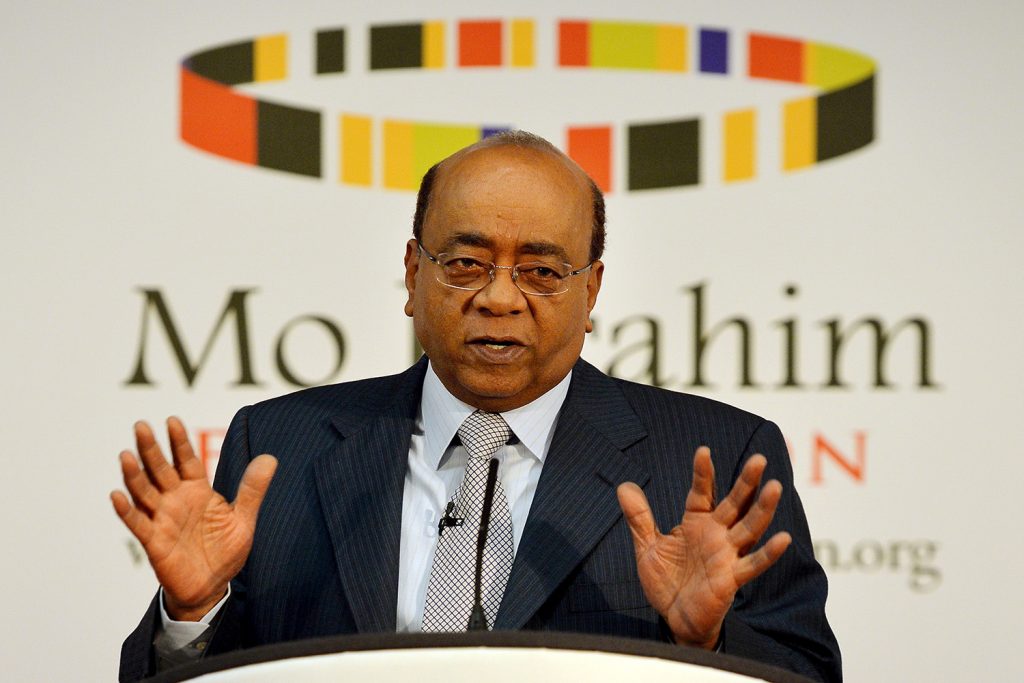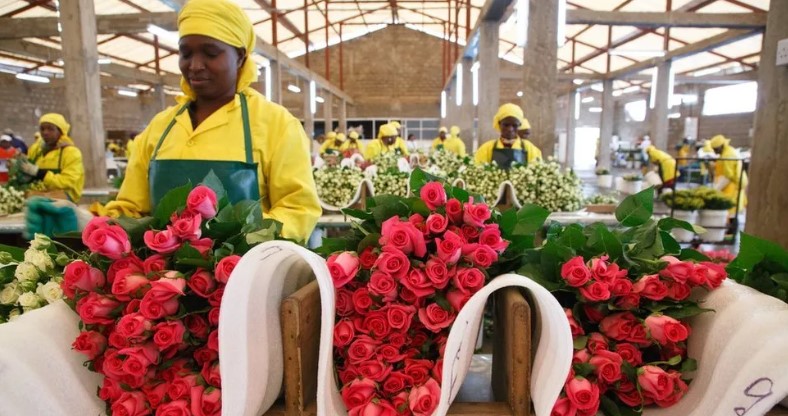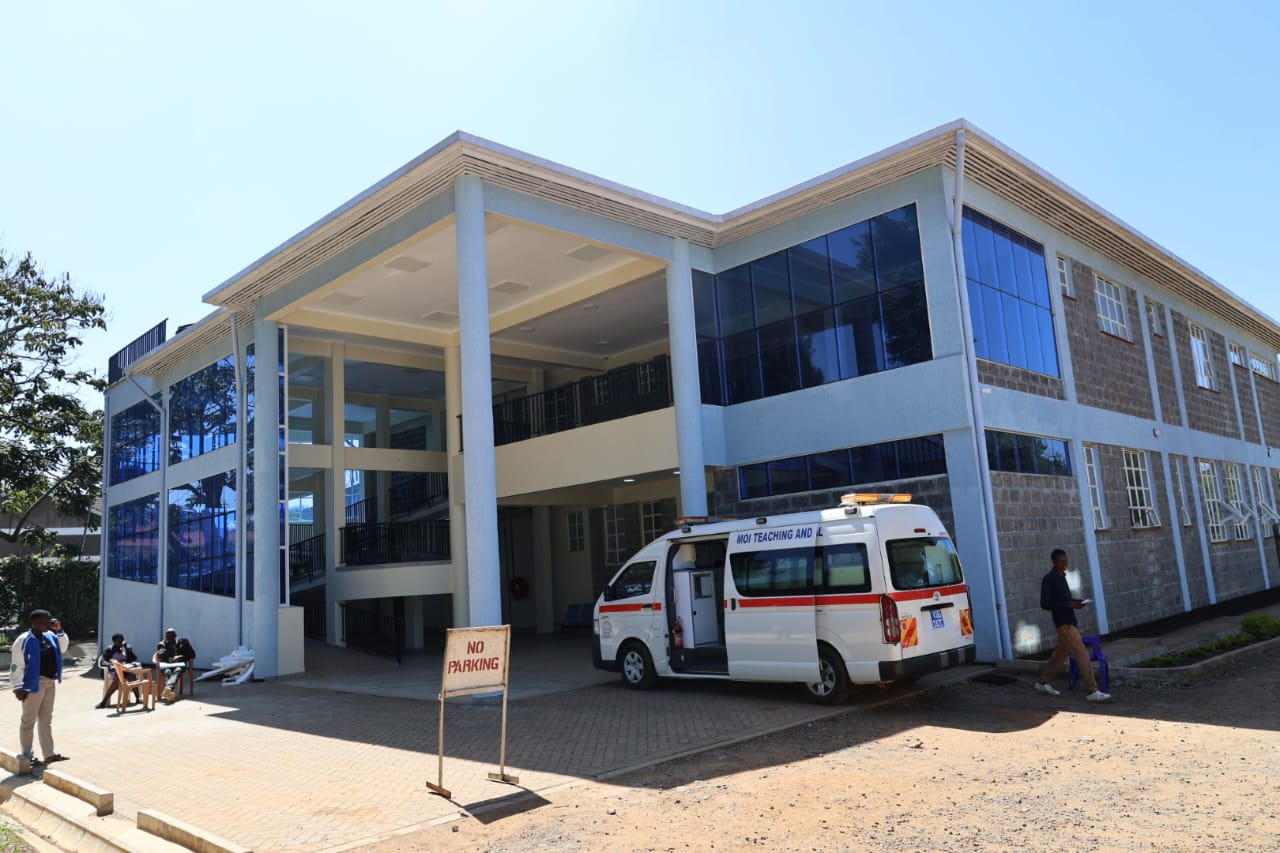Employer contributions to NSSF drop for first time since Covid as economic pressures mount

The NSSF’s latest annual report reveals that active employers fell from 78,549 to 78,009 during the year ended June.
A total of 540 employers stopped contributing to the National Social Security Fund (NSSF) in the last financial year, marking the first decline since the Covid-19 pandemic.
This drop in contributing firms is a reflection of the struggles many businesses are facing in a tough economic environment that has forced some to shut down.
More To Read
- Auditor-General flags NSSF for mismanagement, risky deals and irregular spending
- Sub-Saharan Africa tops global list with 827 million people lacking adequate social protection
- Kenyan workers observe Labour Day amid pay cut woes, job losses and inflation
- Higher deductions push NSSF contributions up by Sh220 billion
- MPs probe deductions leaving civil servants with less than a third of their earnings
- Budget office accuses government of shifting financial burden onto households
The NSSF’s latest annual report reveals that active employers fell from 78,549 to 78,009 during the year ended June.
The decline, though lower than the 1,131 firms that exited during the peak of the pandemic in 2020, points to renewed stress in the business sector.
The fund termed this a negative development and said it is taking steps to stop the trend from worsening in the coming year.
“During the same period, active employers reduced by 540 to settle at 78,009 from 78,549. This is a negative development, and management has put measures to ensure the trend is reversed in the next financial year,” the report reads in part.
Voluntary liquidation
The situation reflects wider economic struggles across the country. Business Registration Service (BRS) data shows that 1,817 companies applied to be struck off the register, while nine others applied for voluntary liquidation.
Additionally, 20 companies were placed under court-ordered liquidation, 14 went into administration, 6 faced administrative receivership, and 15 filed for bankruptcy.
The tough business environment has been shaped by several challenges, including high interest rates, three months of youth-led protests over the Finance Bill, and widespread flooding that disrupted infrastructure.
These conditions slowed the economy, which grew at just 4.7 per cent last year, its slowest pace since 2020 when Covid-19 hit. In comparison, growth had reached 5.7 per cent the year before.
Individual member contributors
Despite the drop in employer numbers, individual member contributors to the NSSF rose sharply by 369,934, reaching a record 3.3 million.
The increase was largely driven by the registration of civil servants who had previously not been part of the fund.
“Fund active members increased by 369,934 in the 2023/2024 financial year, which is a 12 per cent increase in active membership.
The increase is mainly attributed to registration of public servants who were previously not members of the Fund,” the report reads further.
The drop in new business registrations also paints a grim picture. According to BRS data, new registrations fell by 7.6 per cent in 2024, a reversal from the 2.9 per cent rise recorded the previous year.
The Treasury has blamed the economic slowdown on high borrowing costs, floods, and unrest tied to opposition-led protests.
However, it has expressed optimism that the situation will improve. It projects the economy to grow by 5.4 per cent this year, helped by declining interest rates after the Central Bank cut its benchmark rate by 300 basis points to 10 per cent.
Top Stories Today











































